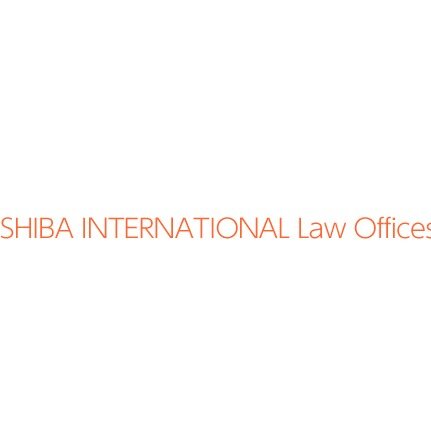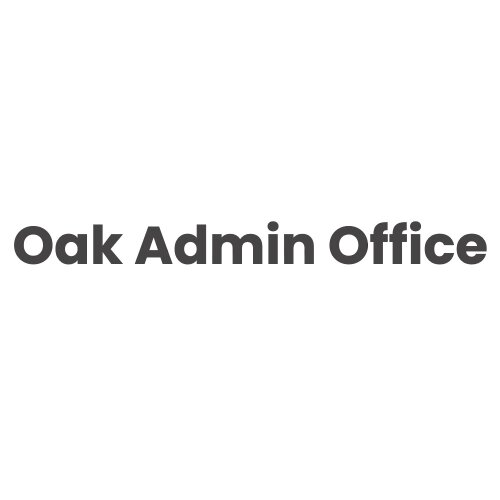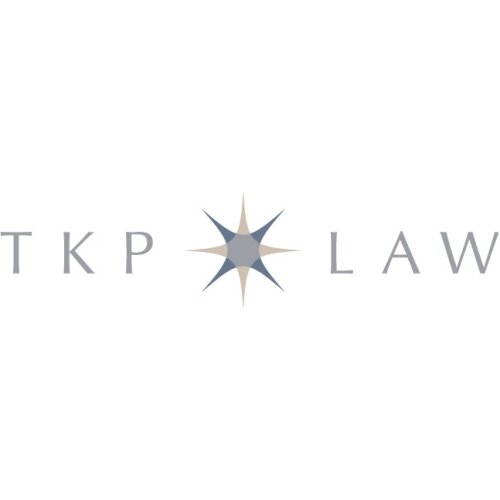Best Office Solutions Lawyers in Tokyo
Share your needs with us, get contacted by law firms.
Free. Takes 2 min.
List of the best lawyers in Tokyo, Japan
About Office Solutions Law in Tokyo, Japan
Office Solutions Law typically refers to legal issues surrounding the leasing, operation, compliance, and management of office spaces and business operations in Tokyo, Japan. As Tokyo is a bustling hub for businesses of all sizes, understanding the legal landscape is crucial for successful operations. The legal framework includes commercial lease agreements, business licensing, building regulations, employment law, and data protection, among others. This specialized field ensures that businesses operate within legal parameters while optimizing their workspaces.
Why You May Need a Lawyer
There are several circumstances in which you might require legal advice concerning Office Solutions:
- Lease Negotiations: Lawyers can help negotiate favorable terms and manage disputes in office lease agreements.
- Regulatory Compliance: Ensuring adherence to building codes, zoning laws, and health and safety regulations can be complex and often requires legal expertise.
- Employment Issues: Legal advice may be necessary for handling employment contracts, disputes, or layoffs in accordance with Japanese labor laws.
- Dispute Resolution: In the event of conflicts with landlords, tenants, or neighboring businesses, a lawyer can provide representation or mediation.
- Contract Management: Drafting and reviewing contracts with suppliers, clients, and service providers to safeguard your business interests.
Local Laws Overview
Understanding local laws relevant to Office Solutions in an urban center like Tokyo is critical. Here are some key areas of concern:
- Commercial Leasing Laws: These outline the terms under which commercial spaces can be leased, including tenant and landlord rights and obligations.
- Building and Zoning Regulations: These laws govern how properties can be used and developed, impacting interior design, expansion, and operational capacity.
- Health and Safety Standards: Businesses must comply with regulations designed to ensure clean and safe work environments.
- Data Protection Laws: Organizations must adhere to Japan's Act on the Protection of Personal Information, especially when handling customer data.
- Labor Law Compliance: This involves adherence to regulations regarding work hours, wages, overtime, and working conditions.
Frequently Asked Questions
What are the typical terms of commercial leases in Tokyo?
Commercial lease terms in Tokyo often include rent adjustments, maintenance responsibilities, security deposits, and the duration of the lease. These can vary significantly, so professional advice is recommended.
What should I know about renewing or terminating a lease?
Early communication with your landlord and review of the lease terms are key. Legal consultation can clarify your contractual rights and obligations.
How can I resolve a dispute with my landlord?
Attempt to resolve disputes amicably first. If unresolved, consider mediation or arbitration services. Legal representation might be necessary for intractable conflicts.
What are the zoning regulations I have to consider for my office?
Zoning laws determine the types of activities permissible on your premises. Violating these can result in fines or operational restrictions.
How does Japanese labor law affect my office operations?
Japanese labor laws regulate work conditions, employment contracts, and employee rights, necessitating compliance to avoid legal penalties.
What do I need to know about data protection in my office?
Businesses must comply with Japan's data protection regulations, which outline how sensitive information can be collected, stored, and shared.
How do health and safety regulations impact office layout and space use?
Offices must meet specific guidelines for accessibility, emergency exits, ventilation, and sanitation, affecting interior design and permissible operations.
Can I sublease my office space?
This typically depends on your original lease agreement. Reviewing your contract and seeking legal advice is prudent before subleasing.
What is the process for negotiating office lease terms?
Negotiations typically involve financial terms, length of lease, and repair responsibilities. Legal assistance can ensure a more favorable outcome.
When should I consult a lawyer regarding office solutions?
Consult a lawyer when entering a lease agreement, dealing with compliance issues, facing disputes, or whenever there are significant changes to your office operations.
Additional Resources
Several resources can aid those seeking legal advice in Office Solutions in Tokyo:
- Japan Federation of Bar Associations: A useful point of contact for finding legal professionals specializing in business law.
- Tokyo Metropolitan Government’s SME Support Center: Provides resources and support for small and medium enterprises operating in Tokyo.
- Ministry of Economy, Trade and Industry (METI): Offers guidelines and publications on business operations regulations.
- Japan External Trade Organization (JETRO): Provides information on business practices and regulations in Japan.
Next Steps
If you require legal assistance for Office Solutions in Tokyo, consider these steps:
- Identify Specific Needs: Determine the specific legal services you require, such as contract review or compliance consulting.
- Research Legal Professionals: Look for lawyers or law firms with expertise in commercial property and business law in Tokyo.
- Schedule Consultations: Meet with potential legal representatives to discuss your needs and evaluate their expertise and approach.
- Engage Legal Services: Once you find a suitable lawyer, formally engage their services to address your office-related legal concerns.
- Stay Informed: Keep abreast of any changes in local business and property law that might affect your operations.
Taking these steps can help ensure that your office operations in Tokyo are legally sound and optimally managed.
Lawzana helps you find the best lawyers and law firms in Tokyo through a curated and pre-screened list of qualified legal professionals. Our platform offers rankings and detailed profiles of attorneys and law firms, allowing you to compare based on practice areas, including Office Solutions, experience, and client feedback.
Each profile includes a description of the firm's areas of practice, client reviews, team members and partners, year of establishment, spoken languages, office locations, contact information, social media presence, and any published articles or resources. Most firms on our platform speak English and are experienced in both local and international legal matters.
Get a quote from top-rated law firms in Tokyo, Japan — quickly, securely, and without unnecessary hassle.
Disclaimer:
The information provided on this page is for general informational purposes only and does not constitute legal advice. While we strive to ensure the accuracy and relevance of the content, legal information may change over time, and interpretations of the law can vary. You should always consult with a qualified legal professional for advice specific to your situation.
We disclaim all liability for actions taken or not taken based on the content of this page. If you believe any information is incorrect or outdated, please contact us, and we will review and update it where appropriate.
















